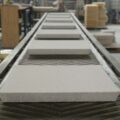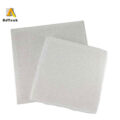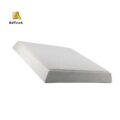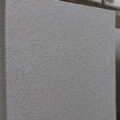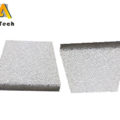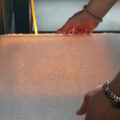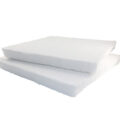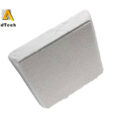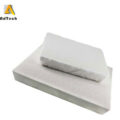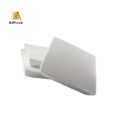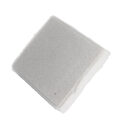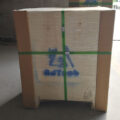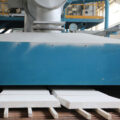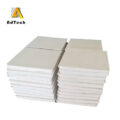The existence of non-metallic inclusions is not conducive to the production of high-quality castings. The high mechanical properties that can be obtained are the key aspects that are easy to lose in the presence of inclusions and scale. The mechanical properties of high strength aluminum alloy are very sensitive to the notch or defect in the casting. The content of inclusions and the notch effect caused by inclusions are effectively reduced by filtration. Conventional techniques that attempt to remove inclusions are ineffective, and the use of metal or fiber screens is not sufficient to make the metal truly free from harmful nonmetals. Research shows that when the ceramic filter foundry is involved in filtration, the level of such defects will decrease.
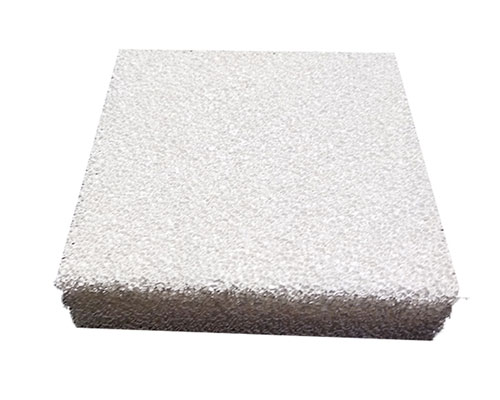
Nonmetals are used as nucleation sites for hydrogen pores. Therefore, the decrease of inclusion content will be accompanied by the decrease of porosity caused by gas. The Ceramic Filter Foundry does not remove hydrogen; it only reduces the tendency to form pores.
Ceramic Filter Foundry
The main potential benefit of using ceramic foam filters is a significant reduction in rework. Eliminating surface or subsurface defects will increase the cost of casting prices, provided they do not occur in critical areas. In addition, the loss of the integrity of the casting or other finishing techniques may occur. Repair is not an effective means to competitively produce high quality castings.
Another major advantage of ceramic foam filtration is that it reduces processing problems. The presence of alumina in the form of spinel can greatly damage the tool life. In addition, non metals can affect the finishing characteristics of machined castings. In the presence of non-metallic inclusions, the characteristic luster and luster of processed aluminum will disappear.
The alumina ceramic foam filter has excellent corrosion resistance and molten aluminum corrosion properties. It can effectively remove large impurities in aluminum melt and absorb fine and fine particles, reduce residual gas and provide laminar flow, and then make filtered metals more transparent. Cleaner metals can produce higher quality castings, less scrap and fewer inclusions, all of which contribute to higher profits.

